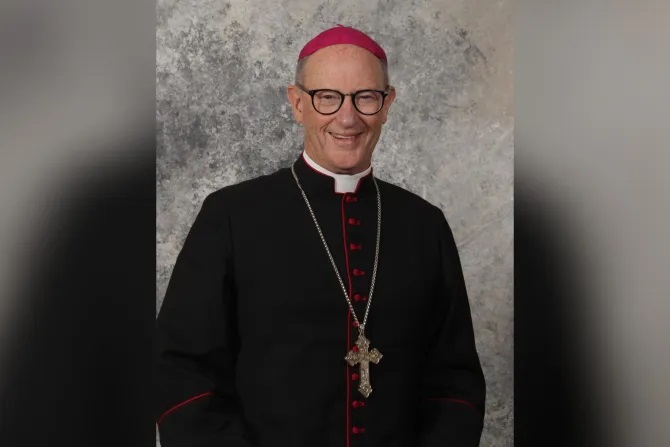On Tuesday, Bishop James Conley of Lincoln, Nebraska, shared a heartfelt pastoral letter that underscores the essence of Catholic education amidst modern challenges.
Titled “The Joy and Wonder of Catholic Education: Developing Authentically Catholic Schools,” the letter delves into the core values and current struggles facing educators.
A Holistic Approach to Education
Bishop Conley stresses that a true Catholic education nurtures the whole person—intellectually, morally, socially, and spiritually.
He points out that today’s Catholic schools are grappling with issues like a “crisis of imagination,” student loneliness, and a noticeable lack of joy in the educational experience.
To counteract these issues, Conley suggests that schools should focus on fostering wonder, joy, and hope with Jesus at the center.
He argues that addressing simplistic and functional views of education requires a deep commitment to creating an environment that sparks genuine enthusiasm and inspiration.
Navigating Technology in Education
Conley emphasizes that while technology can be a powerful tool, it should not overshadow the role of imagination in learning.
He observes that we live in an era dominated by digital images and virtual experiences, which can sometimes detract from real-life creativity and engagement.
He advocates for a mindful approach to technology in the classroom, stressing that it should enhance rather than dominate the educational experience.
Conley highlights the need for students to engage with tangible experiences and cultivate their imaginations away from screens, which can contribute to mental health issues and a decline in natural curiosity.
The Power of the Liberal Arts
Reflecting on his own experience, Bishop Conley recalls how a liberal arts education played a pivotal role in his spiritual journey.
Although he never attended Catholic school, he found that a ‘great books’ education significantly impacted his conversion and understanding of faith.
He defines the liberal arts as a means to liberate students in their pursuit of truth.
Conley underscores the importance of primary sources, critical thinking, and the integration of faith throughout the curriculum.
He believes that both poetic and scientific elements are vital, with the former offering a necessary counterbalance to scientific reductionism.
Integrating Faith into Every Subject
Conley insists that Catholic education should infuse faith into every aspect of learning, not just as an isolated subject but woven throughout the entire curriculum.
He likens faith to yeast that elevates all subjects, helping students see the divine beauty in every discipline.
By viewing all reality through the lens of faith, students can appreciate the inherent beauty and wonder in subjects like mathematics and history.
This holistic approach aims to illuminate the presence of God in all areas of knowledge.
Advocating for School Choice
In his letter, Conley also touches on the importance of making Catholic education accessible to all families, not just those who can afford it.
He calls for support of school choice measures such as vouchers and tax credits, which can help alleviate the financial burden on families seeking a Catholic education for their children.
He notes that such programs often benefit low-income families but also emphasizes the need for reforms to support middle-income families, particularly those with multiple children.
Conley encourages Catholics to advocate for these issues with their local officials to promote greater access to quality education.
Fostering Joy in Learning
Finally, Conley argues that education should be both meaningful and enjoyable.
He points out that students often lack joy in learning because they are not taught the interconnectedness of knowledge and the divine purpose behind it.
A Catholic education, he suggests, should cultivate a love for learning, creativity, and a deep appreciation for the beauty and wonder of creation.
Teachers play a crucial role in this process, offering a model of faith and friendship that inspires students to embrace the true, the good, and the beautiful.
By living out these principles themselves, educators can help students experience the joy of being alive and the wonder of God’s creation, fostering a vibrant and holistic approach to learning.
Mine Crypto. Earn $GOATS while it is free! Click Here!!